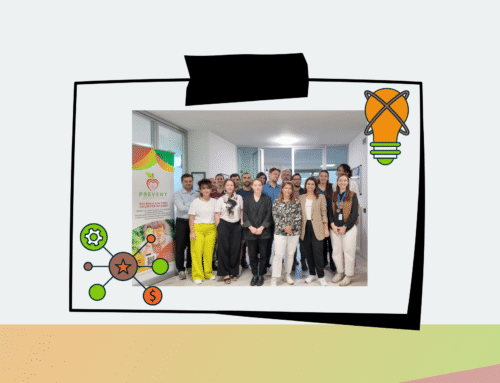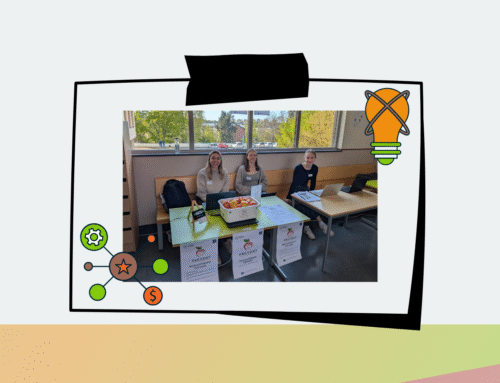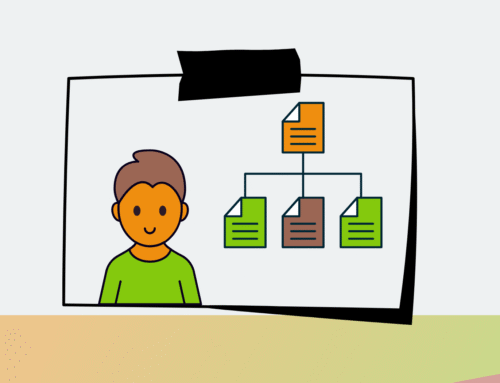The third plenary meeting of the PREVENT project in Stockholm brought together partners from across Europe to discuss significant advancements and plan for future initiatives. The meeting began with a comprehensive summary of the project’s main achievements to date, setting the stage for the discussions that followed. An insightful presentation on survey results highlighted the interventions in Catalonia that promote healthy dietary habits and physical activity, revealing that most interventions are school-based, implemented at the national level, and funded publicly or by the EU.
Progress on developing metrics to assess new primary interventions and engagement policies was shared, showcasing the project’s dedication to creating effective and measurable solutions. Workshop outcomes were discussed in detail, focusing on innovative approaches to childhood obesity prevention, engaging policy design dialogues, and improving access to healthy food and physical activities. Partners from Catalonia, Greece, and Sweden presented their proposed interventions, which emphasized the importance of increasing fruit and whole grain consumption in schools while strictly excluding processed and high-sugar foods.
A new digital platform aimed at improving user well-being was introduced, based on four key pillars: nutrition, physical activity, mental well-being, and sleep. This innovative tool represents a significant step forward in the project’s efforts to promote a holistic approach to health. Additionally, the need for integrated efforts across various sectors, including education, health, social protection, and water and sanitation systems, was highlighted as crucial for effectively tackling childhood obesity.
On the second day, discussions centered around developing a co-creation framework to engage end-users in creating practical implementation guidelines. The legal and ethical framework of the PREVENT project was also addressed, ensuring compliance with EU standards and the incorporation of trustworthy AI principles. The meeting concluded with engaging presentations from sister projects, ONCODIR, 4P-CAN, and Pieces, which are all part of the Cancer Prevention EU initiative, providing a broader context and collaborative spirit.
Partners will meet again next spring to discuss their progress and update each other on their ongoing work.




